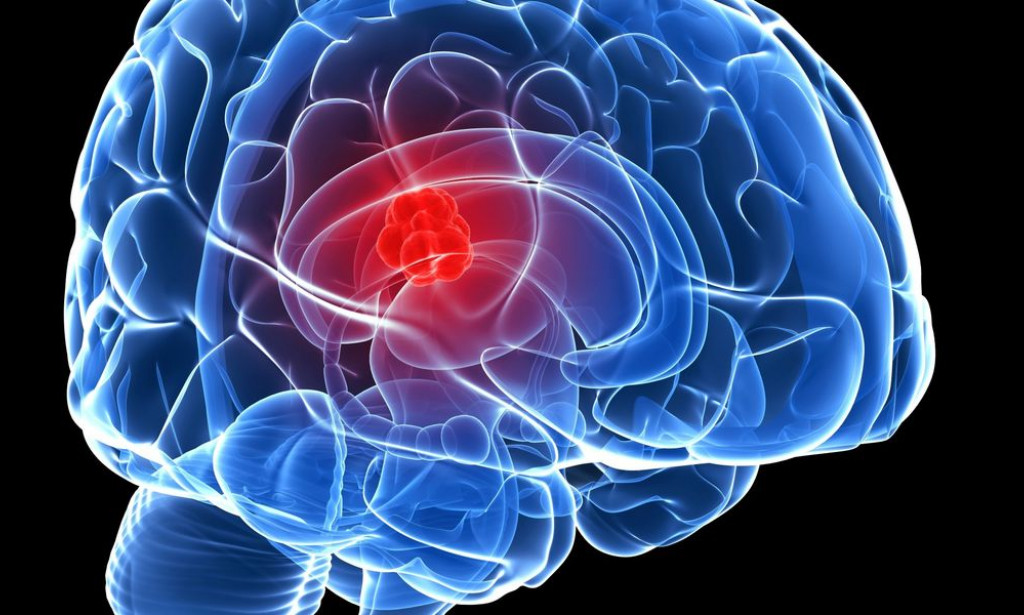
Brain cancer is a disorder that can lead to the development of a number of other illnesses. Cancer is the largest cause of mortality in the world, with over a million new cases each year.
Brain cancer is unique among malignancies in that it is accompanied by a number of early warning signs, which some individuals fail to identify in time. This article examines some of the silent signs of this disorder and explains how the body sends signals when the brain is experiencing problems.
Brain Cancer – Learn Everything
What exactly is cancer?
Typically, the illness is characterized by an abnormal proliferation of cells in a specific region of the body. In medical words, cancer is a severe disease characterized by the uncontrolled division and destruction of body tissue by abnormal cells. When we refer to brain cancer, we are referring to cancer that develops in the brain region. Brain cancer is the abnormal development of malignant cells in the brain.
Brain cancer begins with a malignant brain tumor, which is caused by an abnormal proliferation of brain cells. Occasionally, these malignant brain tumors can grow rapidly, affecting the body's functioning system. Thus, brain tumors, followed by brain cancer, might be fatal if timely treatment is not administered.
Brain Cancer Symptoms That Are Invisible
When we mention timely therapy, we are referring to the detection of symptoms as soon as they emerge. How is this possible? Learn the symptoms of brain cancer, including some that frequently go unnoticed.
Do you frequently have chronic headaches? It may be an indication of brain cancer that requires rapid treatment. Although the symptoms of brain cancer depend entirely on the size of the brain tumor, they can occasionally be confused with those of another disorder. Here are few symptoms of brain cancer that should never be ignored:
Constant headache that only occurs at night
Sickness or vomiting
Problems with reasoning and coordination
Having difficulty walking or maintaining balance. Problems with communication or difficulty communicating Vision issues or irregular eye motions

You must be logged in to post a comment.